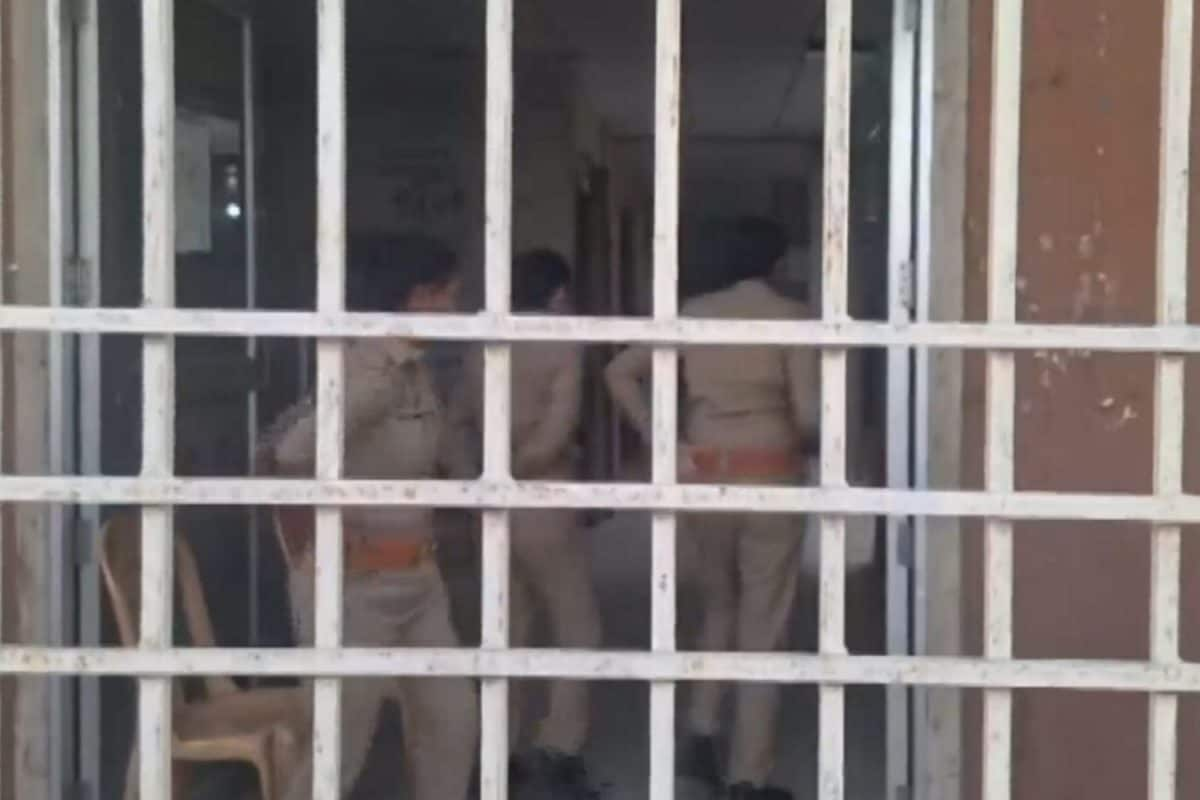

The recent murder case involving an Indore couple on their honeymoon in Meghalaya has quickly become a focal point for discussions surrounding multi-state investigations in India. The case, which involves a web of conspiracy, alleged extra-marital affairs, and contract killings, stretches across Madhya Pradesh, Meghalaya, and Uttar Pradesh, highlighting the complexities and legal frameworks governing investigations that span multiple state jurisdictions.
The case unfolded with the disappearance of Raja Raghuvanshi and his wife, Sonam, during their honeymoon in Meghalaya. Raja's body was later discovered in a gorge, revealing a brutal murder. Suspicion quickly fell on Sonam, who had also gone missing. The investigation took a turn when Sonam surrendered to police in Uttar Pradesh, while other suspects were apprehended in Madhya Pradesh. Meghalaya police have alleged that Sonam orchestrated the murder with the help of her alleged lover and hired contract killers. The alleged motive points to an extra-marital affair and a conspiracy hatched in Indore, Madhya Pradesh.
This multi-state dimension immediately brings into play the legal mechanisms that facilitate cooperation and coordination between different state police forces. In India, criminal procedure is largely governed by the Criminal Procedure Code (CrPC), 1973, which provides a framework for investigations, arrest procedures, and evidence collection. However, when a crime's ramifications extend beyond a single state, inter-state cooperation becomes crucial.
Several provisions and established practices enable such cooperation. Section 48 of the CrPC allows a police officer to pursue an offender into another jurisdiction. This provision is vital in cases where the accused flees across state lines, as was seen in the current case with suspects being tracked down in different states. Further, the CrPC allows for the transfer of cases from one state to another under certain circumstances, typically involving seeking the Supreme Court's intervention to ensure a fair trial.
Coordination meetings, joint task forces, and the sharing of information are common strategies employed by police forces in multi-state investigations. In the Raghuvanshi murder case, police forces from Meghalaya, Madhya Pradesh and Uttar Pradesh coordinated to arrest the accused and gather evidence. The formation of a Special Investigation Team (SIT) by the Meghalaya Police indicates the seriousness and complexity of the case, necessitating a dedicated team to coordinate efforts across state lines.
The legal framework also addresses challenges related to arresting individuals in different states. When Meghalaya police sought custody of Sonam Raghuvanshi in Uttar Pradesh, they had to follow established legal protocols for arrest and transit remand. This involves obtaining permission from a local court in Uttar Pradesh to take her into custody and transport her back to Meghalaya for further investigation and trial.
Several factors can complicate multi-state investigations. Differing state laws, language barriers, and logistical challenges can impede the smooth flow of information and coordination. Maintaining the chain of custody for evidence across different jurisdictions is also critical to ensure its admissibility in court. The Raghuvanshi case, with its geographical spread and multiple accused, exemplifies these challenges.
Looking at the broader legal context, India has Mutual Legal Assistance Treaties (MLATs) with around 40 countries to facilitate cross-border investigations, though these primarily pertain to international cooperation. For inter-state investigations within India, the emphasis is on cooperation between state police forces, guided by the CrPC and established protocols.
The ongoing investigation into the Raghuvanshi murder case underscores the importance of seamless coordination and adherence to legal procedures in multi-state investigations. The swift action and collaboration between the police forces of Meghalaya, Madhya Pradesh, and Uttar Pradesh have been crucial in apprehending the accused and piecing together the events leading to Raja Raghuvanshi's murder. As the investigation progresses, the legal intricacies of inter-state cooperation will continue to play a central role in ensuring that justice is served.